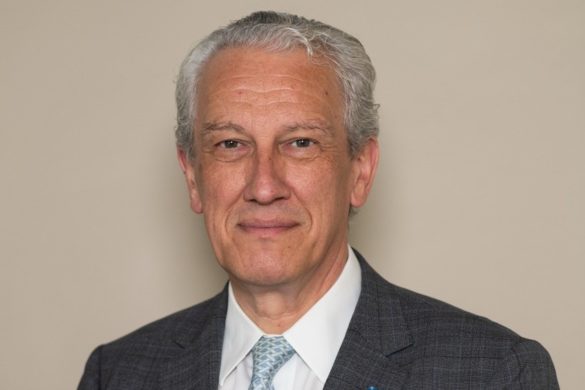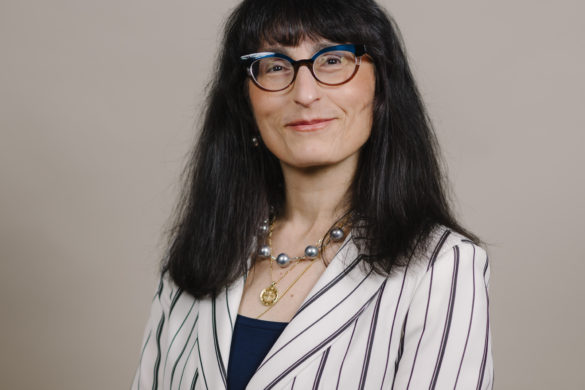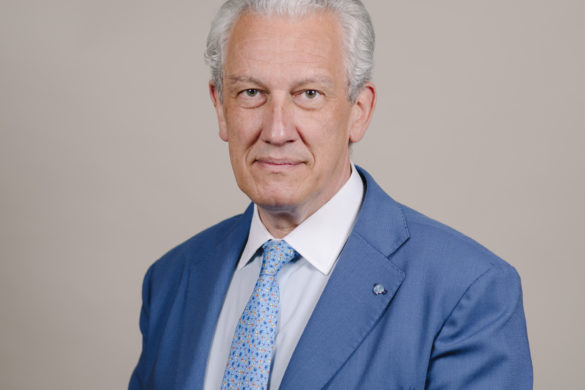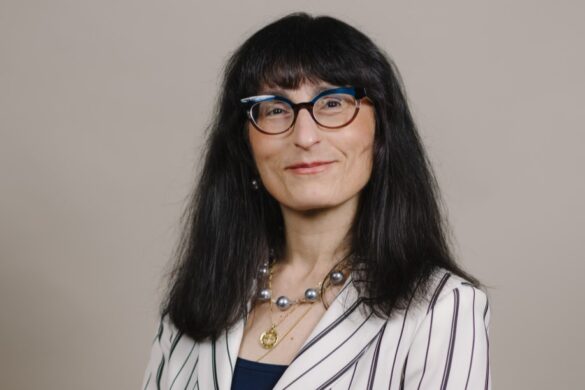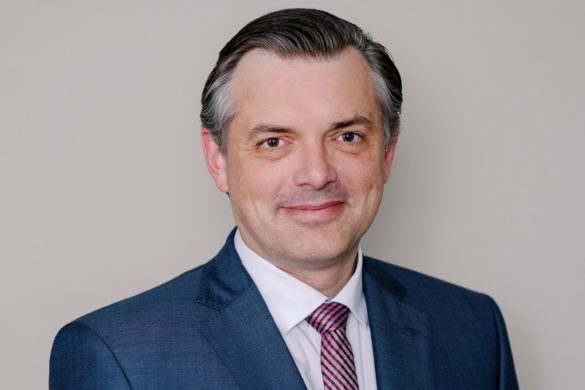
 by Claudio Bassetti, ENS President & Richard Hughes, EFNS President
by Claudio Bassetti, ENS President & Richard Hughes, EFNS President
When we started our speciality training in the UK and Switzerland in the 1970s and 1980s, general neurology was the backbone of clinical care and teaching in our countries (and most countries in Europe). The largest outpatient consultation was devoted to general neurology, and on the wards patients were cared for by general neurologists. Subspecialty training was mainly centered on the acquisition of knowledge and skills of specific neurophysiological techniques (EEG, EMG, Doppler). In most centers other specialized areas (e.g. stroke, movement disorders, multiple sclerosis, behavioural neurology, headache, sleep and neuromuscular disorders) had just started to be created, usually triggered by the research interests of individual neurologists. The chairs of the departments in Switzerland or consultants in the UK did regular long visits of the wards, which were typically attended by most members of the staff. Neurology was studied with textbooks covering the entire field of the discipline.
Today, 30 or 40 years later, most outpatients’ consultations are those run by subspecialists. In some centers, patients of the inpatient wards are managed by different subspecialty teams according to their diagnosis. Dedicated areas of the inpatient wards have been created for the care of stroke patients, sometimes also for patients with epilepsy, movement disorders, etc… Some of these units have even moved out of the neurology departments to be run independently. Visits on the wards have often become shorter, are done in small groups, and in Switzerland are run more and more without the chairman. The most popular books are those covering specific subspecialties.
In view of this evolution, the future of general neurology and by consequence also that of societies such as the ENS and EFNS (soon the EAN) devoted to the entire field can be questioned. Why, in fact, should we care?
For different reasons we believe that general neurology should survive and we should care. First, the management of patients requires it. Diagnosis is often not obvious when patients first present. The lead – at least in the initial phases of the diagnostic process – by a (well trained) general neurologist is faster and less expensive than the sequential consultation of different specialists. Also, in more remote and/or less populated areas not all specialists may be available. In 2004 even in the US, a country with the most important development of subspecialties (over 20 now recognized by the American Academy of Neurology), the majority of neurologists in private practice reported „general neurology“ as their main focus of activity (1). Second, teaching of medical students and neurology residents requires the necessary and careful use of the art of simplification. General neurologists master this art often better than the specialist. Eventually they may appreciate better what the non- specialist should know about a specific area of neurology. Third, diseases of the nervous system do not respect the classifications of neurologists. Recent fundamental new insights (e.g. frontotemporal dementia and motor neuron disease; paroxysmal dyskinesias and epilepsy; non-motor manifestations of Parkinsonian syndromes; REM sleep behaviour and neuro-degeneration) have provided an unsuspected (relevant and fascinating) overlap between subspecialties. Finally, general neurology represents probably the best chance we have to keep the entire discipline together and to keep a holistic approach to the care of our patients. Its disappearance, on the other hand, would accelerate the ongoing process of fragmentation of neurology and lead to the same losses (in clinical care, teaching, and research) we observed over the last few decades in the field -for example- of internal medicine.
Eventually, the key-question may be not so much on „why“ but „how“ general neurology should survive and best contribute to the further development of our discipline. And what could be the role of the EAN in this process? Let us come back in the near future with some reflections on this.
1. Freeman WD, Vatz KA. The future of neurology. Neurol Clin 2010;28:537-561.





